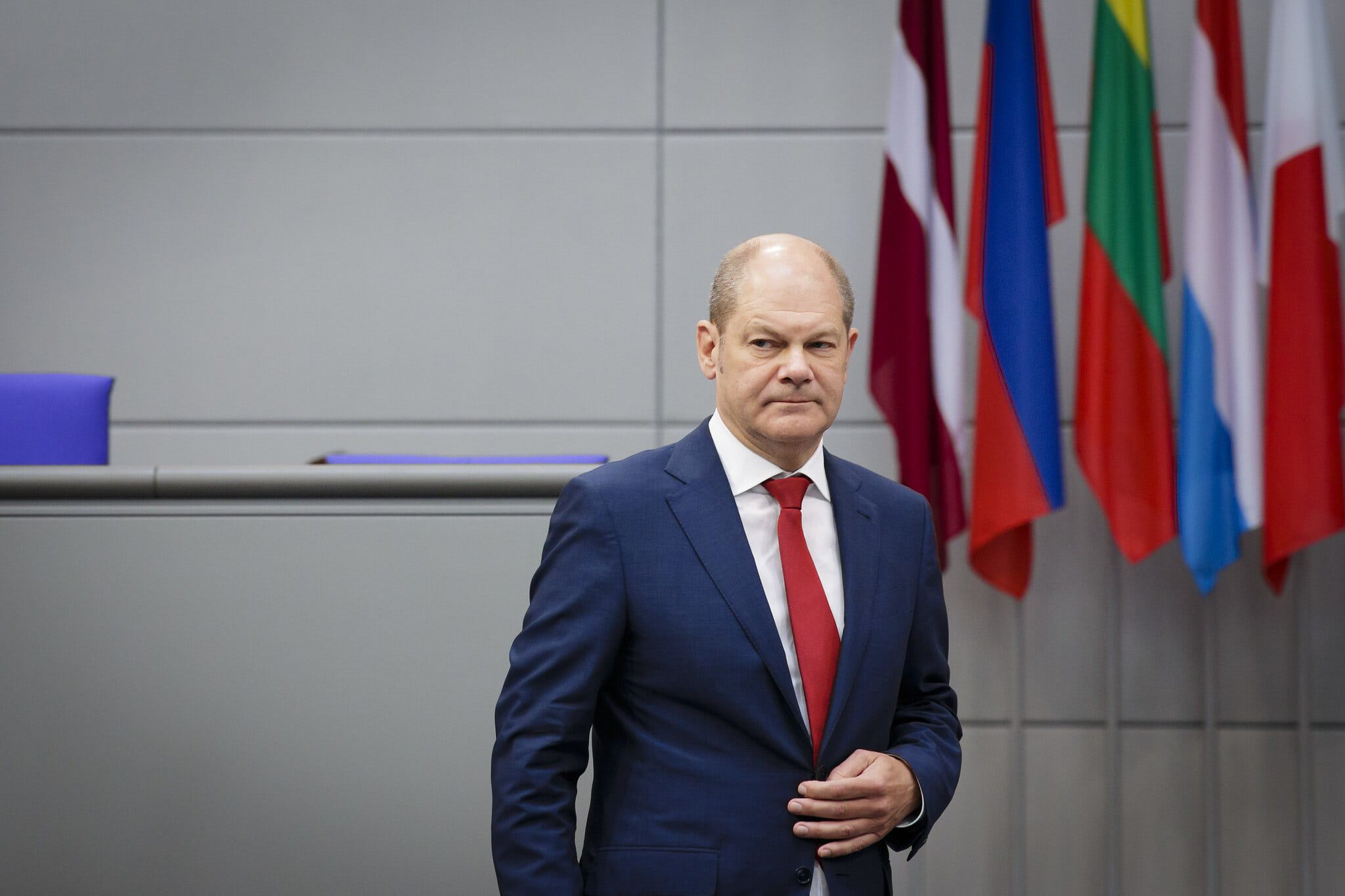
Germany’s new Chancellor Olaf Scholz (SPD) desires a meeting with Russia’s Putin, envisioning it as a prelude to a “fresh start” for both nations, Der Bild claims.
The 63-year-old Chancellor plans for the tête-à-tête with the Russian head of state to take place by the end of the month. Neither Russian or German authorities have yet confirmed such a high-tier meeting however.
What is confirmed is that Scholz’ foreign policy advisor, Jens Plötner, is set to meet with his Russian and French counterparts during the course of this week, a government spokesperson said on Monday.
On December 21, the Russian president and the German chancellor had already talked by phone to exchange thoughts on the tensions over Ukraine. During that conversation the Russian leader briefed his German counterpart on the proposals for security guarantees in Europe that Russia had sent to the U.S. and its allies.
The move has irked the Green Party contingent—strongly pro-U.S./NATO and wary of Russia’s intentions—of Scholz’ coalition (a so-called ‘traffic light coalition’).
Some of its most prominent members, Foreign Minister Annalena Baerbock and Economy Minister Robert Habeck have made it no secret that they want Berlin to adopt a tougher stance towards Russia. In December, Baerbock had promised “harsh diplomatic and economic consequences” should Russia interfere in Ukraine.
On Wednesday she did however stress the importance of dialogue with Russia before her visit to the U.S. to commence talks with Secretary of State Antony Blinken there, Reuters reports.
Her party colleague, Habeck, has also contemplated consequences for the gas pipeline Nord Stream 2, connecting Germany and Russia. Scholz, on the other hand, has called Nord Stream 2 a “private-sector undertaking” that should not be politicized.
This unilateral move to meet Putin by the chancellor has been interpreted as an effort to sideline the Greens. It also serves as an illustration that Scholz seeks to assume responsibility over key foreign policy matters; a shift in the country’s power balance, which would enlarge the importance of Germany’s executive branch.
Of this, Scholz never made a secret. In December, when asked whether Baerbock controlled Germany’s foreign policy, Scholz stated that the government’s actions “start with the chancellor.”Whatever results from such a meeting (should it take place), on January 10th, representatives of Russia and the US are scheduled to meet in Geneva. Two days later, the NATO-Russia Council will convene in Brussels, followed by a meeting of the OSCE Permanent Council in Vienna on January 13.
